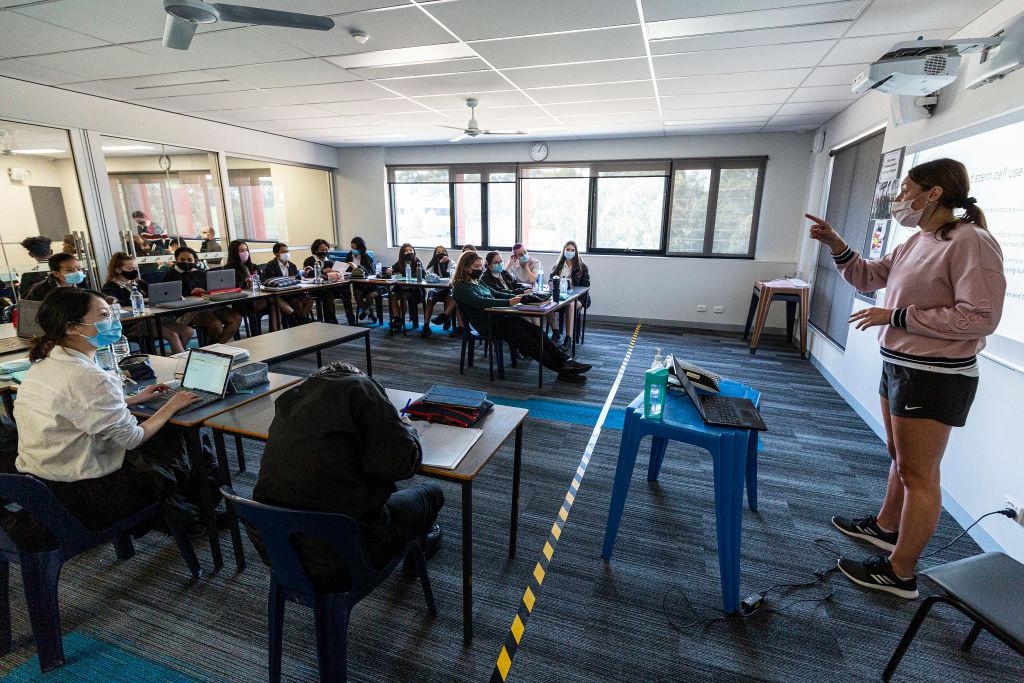According to a new survey, over 80 percent of teachers across Australia have considered quitting the profession in the last 12 months.
The Australian College of Educators (ACE) and National Excellence in Teaching Awards (NEiTA) Foundation conducted a survey of 571 educators and found that while a vast majority (87 percent) said they found it to be a rewarding profession, 84 percent have contemplated leaving.





